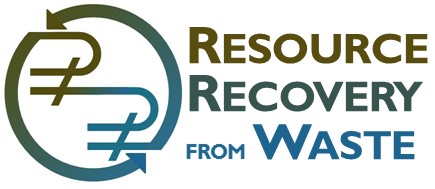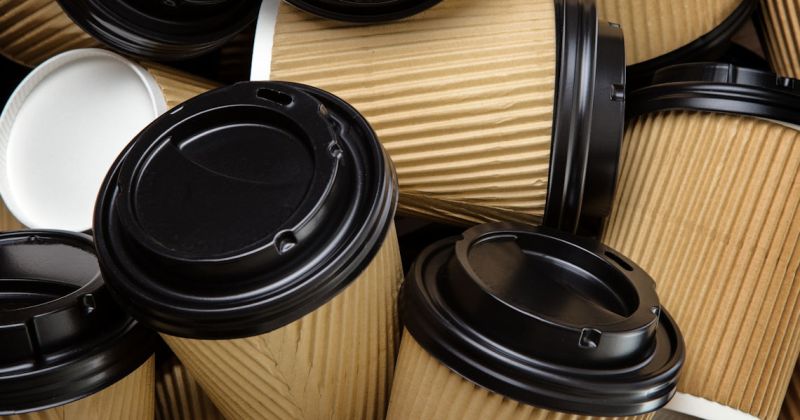Single-use coffee cup generate significant waste and this mini-project with look at the business case for RRfW in this area.In the UK approximately 2.5bn single-use coffee cups are disposed of in the residual waste stream each year. The fate of this waste is either landfill or incineration, neither of which are considered to be environmentally friendly options. Developing new strategies that recover resources, and thus value, from this type of waste, are important in making the transition to a circular economy.
A potential viable method for recovering value from waste coffee cups is the use of the autoclave process, based at Wilson Bio-Chemical’s pilot facility at the Biorenewables Development Centre. This project by adopting a systemic approach will investigate the benefits and trade-offs of recovering multi-dimensional value from waste coffee cups by looking at upstream and downstream parts of the system. It will explore the feasibility of using the secondary raw material outputs from the waste coffee cups treatment process in the production of new products, and generate a platform for industry-business led collaborations oriented towards achieving environmental improvements. This platform will provide the evidence upon which fruitful discussions can be initiated for enabling decision-making related to the (i) recycling of presently designed coffee cups coffee cups by applying the autoclave process, (ii) redesign of coffee cups to make them amenable to existing recycling treatment processes, (iii) provision of means for enabling a reduction in their production and use, and (iv) combination of different options for their management.
This approach may lead to business innovation consistent with the UK strategy of reducing the amount of waste produced by businesses and industries, or the introduction of strategies for reducing their use and increasing their recycling rates. This is an important step towards realising and implementing systemic changes which ultimately focus on the conservation of resources and reduction of waste and the delivery of multi-dimensional value.
This work has now been concluded and the outcomes presented in the report titled “Evolution of Mechanical Heat Treatment for resource recovery from Municipal Solid Waste in the UK” available on our publications page.
Eleni Iacovidou (1), Wilson Bio Chemical Ltd (2), Joe Ross (3), Anne Velenturf (4), John Hahladakis (1), Joel Millward-Hopkins (1), Kok Siew Ng (5)
1. School of Civil Engineering, University of Leeds
2. Wilson Bio-Chemical, Unit 22, Hassacarr Close, Dunnington, York
3. Biorenewables Development Centre, Dunnington, York
4. PCT, School of Civil Engineering, University of Leeds, Leeds
5. Centre for Environmental Strategy, University of Surrey, Guildford
 |
||
 |

